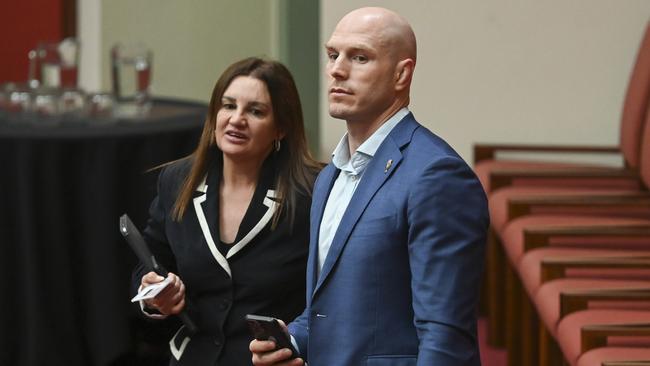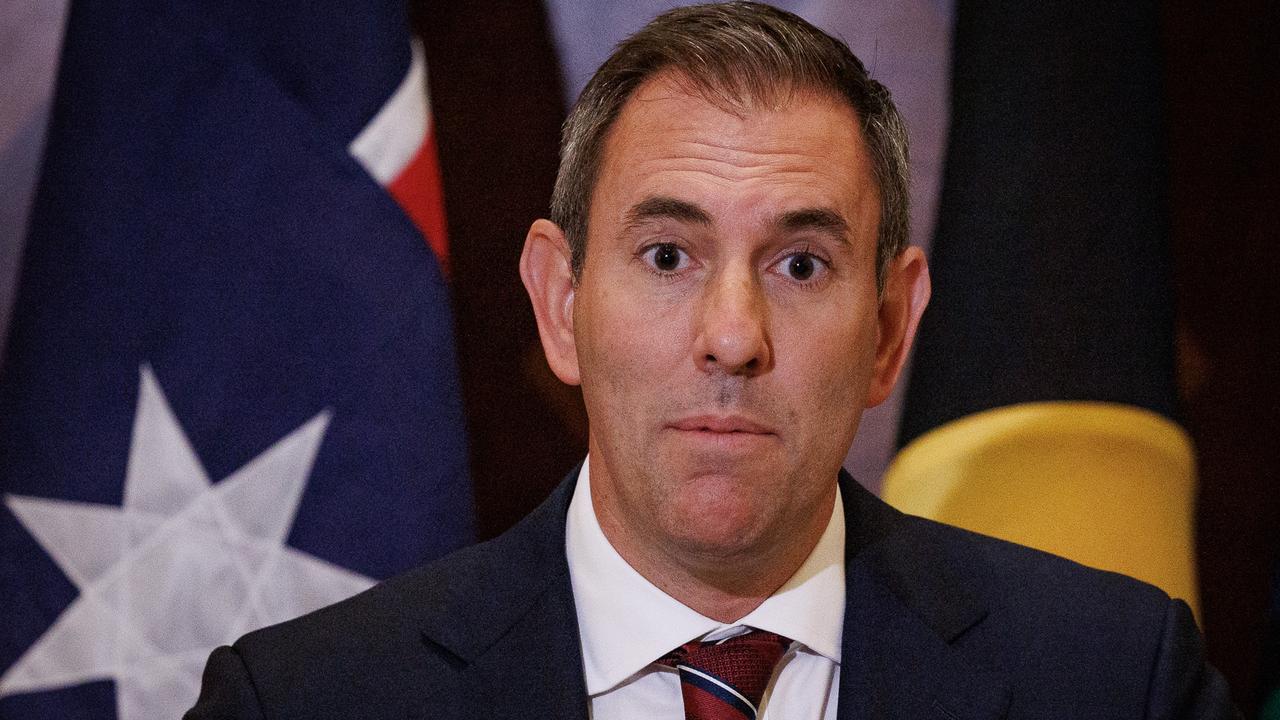Closing Loopholes: ”Rushed deal” slammed by farmers
Labor has sealed a deal with the Greens and crossbenchers to pass its industrial relations reforms – but not everyone is happy with the new labour hire rules.

Farm leaders have slammed a deal to pass the most contentious parts of Labor’s industrial relations reforms through the Senate, arguing the surprise pre-Christmas passage of labour hire changes will negatively impact farmers.
The agreement struck between Workplace Relations Minister Tony Burke, the Greens and crossbench Senators David Pocock and Jacqui Lambie sliced the Closing Loopholes Bill into two parts.
Legislation that passed on Thursday afternoon included the controversial “same job, same pay” laws for labour hire workers, criminalisation of wage theft and several other less divisive issues such as domestic violence provisions.
Mr Burke said it was a “really good day for workers’ wages and a really good day for workers’ safety, while the Australasian Meat Industry Employees Union said the laws were a “game changer” for “ripped off” labour hire meat processing workers after years of “undercutting” of pay and conditions.

But while the government and unions praised the changes, the deal has knocked the Christmas stuffing out of a multimillion campaign protesting the laws spearheaded by mining companies and backed by several key sectors of the economy, including agriculture.
National Farmers’ Federation president David Jochinke accused the deal-makers of rushing through “complex legislation” that will leave farm businesses to grapple with engaging employees under “layers of red tape”.
“The average farmer doesn’t have a legal team to lean on to unpack this legislation,” he said.
“We’ve consistently called for extra time for parliament to consider the more complex and controversial components of the Bill, but the government has bowed to the unions and steamrolled ahead.

“Rushing through legislation on the last sitting day is irresponsible and contributes to a complex and costly industrial relations system that preferences unions over productivity and sensible solutions.”
The NFF does support some aspects of the new legislation, including the increased wage theft penalties and protections for victims of domestic violence.
Other measures passed in the first tranche of legislation include increased asbestos regulation and ensuring employees of large companies don’t miss out on redundancy entitlements as a business downsizes due to insolvency.
The second tranche of changes, now renamed Closing Loopholes 2, includes proposed gig economy provisions, truck driver conditions and casual employment changes. These will now be dealt with parliament resumes in February.





